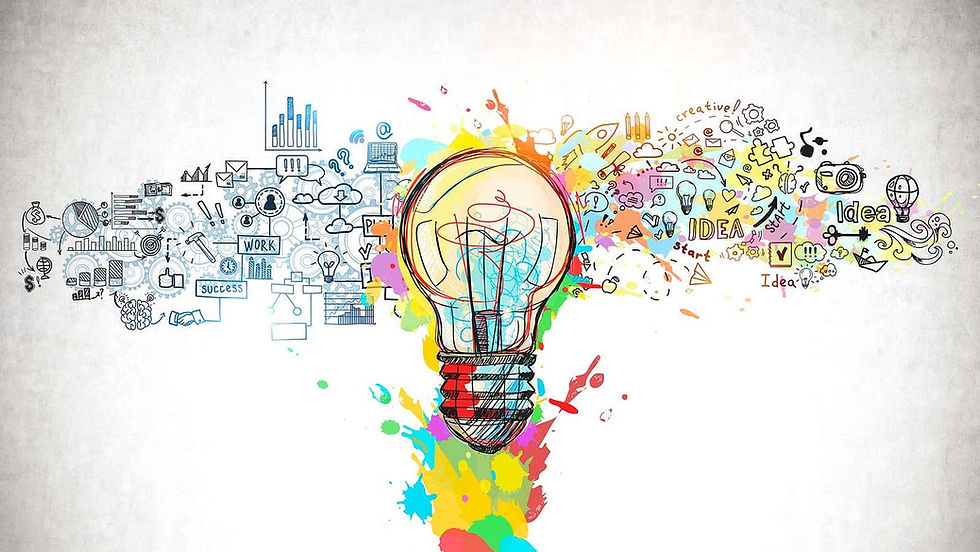Mental Health in the Digital Age: Pros and Cons of Social Media
- Christina Moseley, PCMHT
- Apr 2, 2024
- 3 min read

In today's digital age, social media has become an integral part of our lives. While it has revolutionized communication and connection, it also comes with its own set of advantages and disadvantages, especially when it comes to mental health. Let’s explore the pros and cons of social media on mental health and discuss how to navigate this digital landscape in a healthy and mindful way.
Pros of Social Media on Mental Health:
1. Increased Social Connection:
Social media platforms provide opportunities for individuals to connect with others, especially those who may feel isolated or have difficulty forming in-person relationships. It can offer a sense of belonging and support, helping to alleviate feelings of loneliness and promoting mental well being.
2. Access to Support and Resources:
Social media provides a platform for individuals to share their mental health experiences, offer support, and provide resources. Online communities and support groups dedicated to mental health can be valuable sources of information, encouragement, and validation. It can also help individuals discover treatment options, therapists, and self help resources.
3. Mental Health Awareness:
Social media has played a significant role in raising awareness about mental health issues. It has provided a platform for individuals to share their stories, educate others, and challenge stigmas surrounding mental health. Through hashtags and campaigns, social media has helped normalize conversations about mental health and promote understanding and empathy.
4. Expression and Artistic Outlets:
Social media platforms such as Instagram and TikTok have become spaces for creative expression, allowing individuals to share their artwork, music, writing, and other forms of self-expression. This can be therapeutic and empowering, providing an outlet for emotions and fostering a sense of accomplishment and validation.
Cons of Social Media on Mental Health:
1. Comparison and Self-Esteem:
One of the biggest drawbacks of social media is the constant comparison it fosters. People often showcase their highlight reels, leading to feelings of inadequacy and low self esteem in others. The nature of social media can create unrealistic expectations and contribute to a negative self image, leading to increased anxiety and depression.
2. Cyberbullying and Online Harassment:
Social media platforms can be breeding grounds for cyberbullying and online harassment. The anonymity and distance provided by the digital space can embolden individuals to engage in harmful behaviors. This can have a detrimental impact on mental health, leading to feelings of fear, anxiety, and depression.
3. Fear of Missing Out (FOMO):
Social media can intensify the fear of missing out (FOMO) as individuals compare their
experiences to others. Seeing others' seemingly perfect lives and exciting events can lead to feelings of inadequacy, loneliness, and anxiety. The constant need to be connected and up to date with social media can also disrupt sleep patterns and contribute to stress.
4. Information Overload and Misinformation:
Social media is flooded with information, and not all of it is accurate or reliable. Misinformation about mental health can spread rapidly, leading to confusion and potentially harmful beliefs or practices. The constant exposure to distressing news and traumatic content can also negatively impact mental well-being.
While social media has its benefits, it is essential to approach it mindfully and consciously. Using
social media to connect, find support, and raise awareness about mental health can be empowering and beneficial. However, it is crucial to be aware of the potential negative effects, such as comparison, cyberbullying, FOMO, and information overload. By setting boundaries, practicing self care, and critically evaluating the content we consume, we can navigate the digital landscape in a way that promotes our mental well being. Let us strive for a healthy balance between our online and offline lives, prioritizing our mental health in the digital age.








Comments